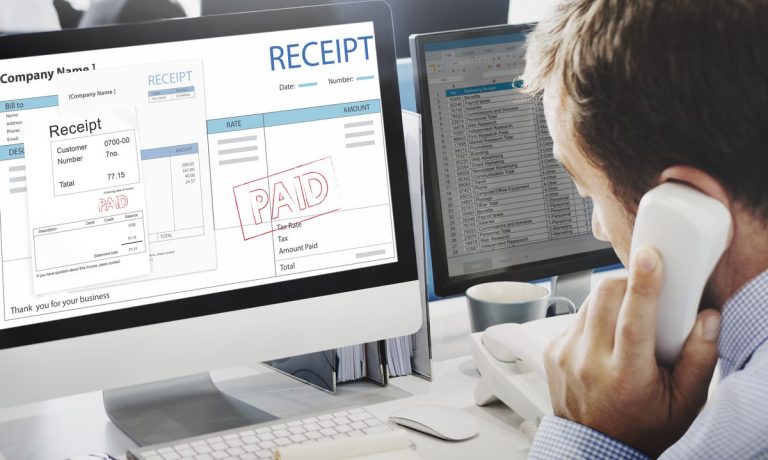
Digital transformation is a one-way street and a two-way journey — particularly within B2B.
Embracing innovation is a one-way exercise in that businesses that realize the benefits of leaving paper-based and manual processes behind rarely pull a U-turn and pick those error-prone and friction-filled solutions back up. It’s two-way in that the greatest benefits of digitization can be captured best when both parties involved are using electronic systems that can productively talk to each other.
A digital payment that gets turned into cash and manually entered into a ledger upon receipt is less valuable, ultimately, than a digital payment that is automatically and seamlessly captured by the counterparty.
The majority of what PYMNTS heard in B2B this week, from small- to medium-sized businesses (SMBs) to global enterprises, was around the increasingly valuable impact of digital transformation across B2B payments and operations.
The broader digitization of legacy B2B workflows has many benefits.
For one, paper checks are inherently risky vehicles, particularly for B2B payments. Against that backdrop, the Financial Crimes Enforcement Network (FinCEN) reported Monday (Sept. 9) that mail theft-related check fraud amounted to more than $688 million in a recent six-month period.
“This most frequently occurred when stolen checks were made out to businesses,” said FinCEN, which operates as part of the U.S. Department of the Treasury.
The PYMNTS Intelligence report “Getting Paid: Digital Payments for Improving Cash Flow and Customer Experience” found that 75% of companies still use paper checks. PYMNTS unpacked Friday (Sept. 6) how it could cost them more than they think.
In the vein of B2B payments digitization, Boost Payment Solutions introduced a tool Wednesday (Sept. 11) that allows enterprise buyers to use their existing U.S.-issued commercial cards to pay suppliers in more than 180 countries. The new Boost 100XB also enables financial institutions and program managers who issue commercial cards on U.S.-based BINs to expand the reach of those programs into cross-border payments.
Elsewhere, Visa and the Korea Trade-Investment Promotion Agency partnered Wednesday to launch a card payment platform for trade settlements in South Korea. The new Global Trade Payment Platform is scheduled to go live by the end of October.
Meanwhile, new technology is making business spend management — and taking back control of costs — easier and more secure than it has ever been before.
Also, while some may assume that launching a B2B line could cannibalize an existing B2C offering, with the help of digital transformation, this is often not the case. B2B expansions frequently create synergistic relationships with B2C operations, where each line enhances and supports the other.
And as it comes to the spear-tip of digital enterprise innovation, Glean raised $260 million in a Series E funding round Tuesday (Sept. 10) to accelerate its artificial intelligence innovation, customer acquisition and global expansion of its Work AI platform for enterprises.
Perhaps no business cohort has greater ground to gain through digitization than the SMB segment.
The PYMNTS Intelligence report “From Cash Flow Pain to Working Capital Gain: Automated AR/AP Solutions for SMBs” found that 22% of small businesses struggle to pay bills due to cash flow. The rise of digital automation offers a path to stability and expansion.
Small business-focused B2B payments platform Melio integrated with Amazon Business Tuesday, announcing that by combining with the Amazon Business Reconciliation API, the companies can synchronize Amazon Business invoices in a single payment processing system, thus helping business owners save time.
Gusto announced Wednesday that it will soon add an AI-powered assistant called Gus to the human resources (HR), payroll, benefits and compliance platform and products it offers for small business owners.
Finance and human resources suite Finally announced Monday that it raised $200 million in new funding. The financing, a $50 million Series B from PeakSpan Capital and a $150 million credit facility from Encina, will help the company bolster its SMB-focused offering.
And SMBs need help with digital transformation and financial management in an uncertain business environment, Doug Brown, chief product officer, digital banking at NCR Voyix, told PYMNTS in an interview posted Wednesday, stressing that community banks and credit unions should see this as an opportunity that conservative estimates place north of $150 billion.
For all PYMNTS B2B coverage, subscribe to the daily B2B Newsletter.